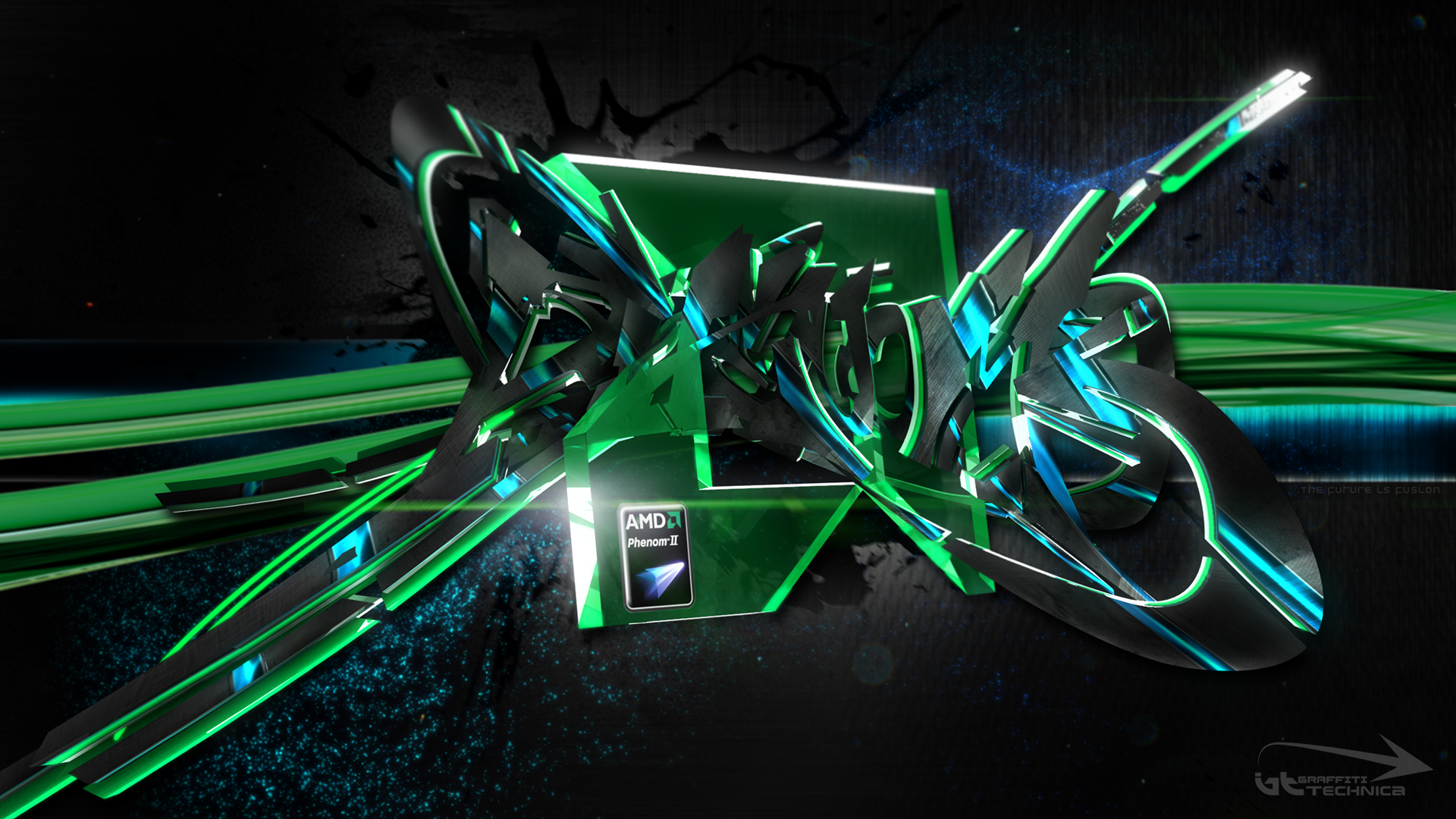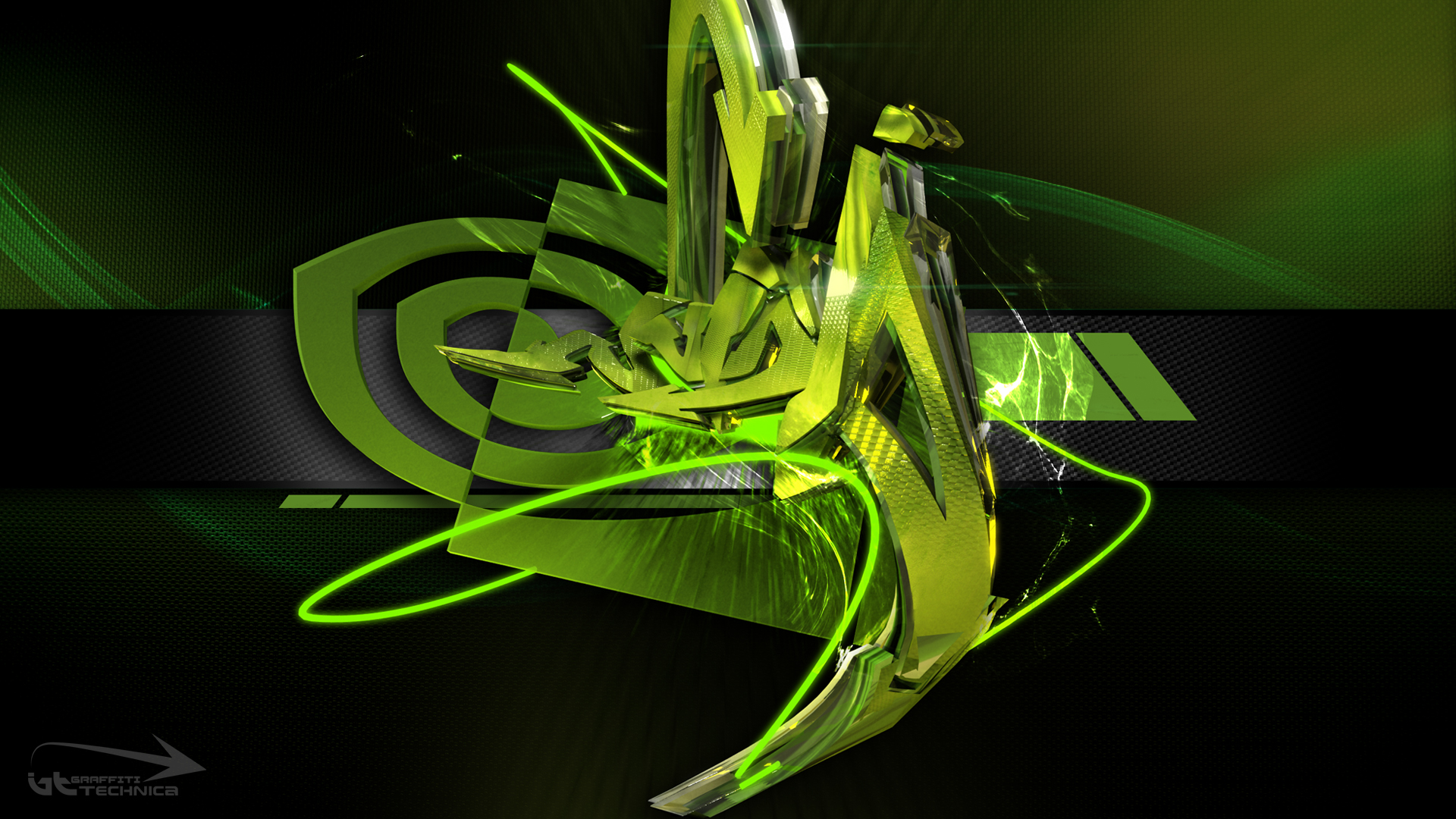Modern calligraphy ranges from functional hand-lettered inscriptions and designs to fine-art pieces where the abstract expression of the handwritten mark may or may not compromise the legibility of the letters (Mediavilla 1996). Classical calligraphy differs from typography and non-classical hand-lettering, though a calligrapher may create all of these; characters are historically disciplined yet fluid and spontaneous, at the moment of writing (Pott 2006 and 2005; Zapf 2007 and 2006).
Calligraphy continues to flourish in the forms of wedding and event invitations, font design/typography, original hand-lettered logo design, religious art, announcements/graphic design/commissioned calligraphic art, cut stone inscriptions and memorial documents. It is also used for props and moving images for film and television, testimonials, birth and death certificates, maps, and other works involving writing (see for example Letter Arts Review; Propfe 2005; Geddes and Dion 2004). Some of the finest works of modern calligraphy are charters and letters patent issued by monarchs and officers of state in various countries.
Sacred Western calligraphy has some special features, such as the illumination of the first letter of each book or chapter in medieval times. A decorative "carpet page" may precede the literature, filled with ornate, geometrical depictions of bold-hued animals. The Lindisfarne Gospels (715-720 AD) are an early example (Brown 2004).
Western calligraphy is recognizable by the use of the Roman alphabet, which evolved from the Phoenician, Greek, and Etruscan alphabets. The first Roman alphabet appeared about 600 BC, in Rome, and by the first century[clarification needed] developed into Roman imperial capitals carved on stones, Rustic capitals painted on walls, and Roman cursive for daily use. In the second and third centuries the Uncial lettering style developed. As writing withdrew to monasteries, uncial script was found more suitable for copying the Bible and other religious texts. It was the monasteries which preserved calligraphic traditions during the fourth and fifth centuries, when the Roman Empire fell and Europe entered the Dark Ages.

Radeon wallpaper

Phenom wallpaper

Graffiti Desktop Wallpaper

50+ Graffiti 3D wallpaper

3D Graffiti Desktop Wallpaper

Example Hot Anime Wallpaper

3D Graffiti Desktop Wallpaper

computer graffiti halphkast

download wallpapers 3d

Free graffiti 3D wallpaper

3D Graffiti Desktop Wallpaper

Nvidia wallpaper

3D Graffiti

12 Responses to 3D GLASS Walls

3D Graffiti | Free Wallpapers

graffiti 3d wallpaper
Calligraphy continues to flourish in the forms of wedding and event invitations, font design/typography, original hand-lettered logo design, religious art, announcements/graphic design/commissioned calligraphic art, cut stone inscriptions and memorial documents. It is also used for props and moving images for film and television, testimonials, birth and death certificates, maps, and other works involving writing (see for example Letter Arts Review; Propfe 2005; Geddes and Dion 2004). Some of the finest works of modern calligraphy are charters and letters patent issued by monarchs and officers of state in various countries.
Sacred Western calligraphy has some special features, such as the illumination of the first letter of each book or chapter in medieval times. A decorative "carpet page" may precede the literature, filled with ornate, geometrical depictions of bold-hued animals. The Lindisfarne Gospels (715-720 AD) are an early example (Brown 2004).
Western calligraphy is recognizable by the use of the Roman alphabet, which evolved from the Phoenician, Greek, and Etruscan alphabets. The first Roman alphabet appeared about 600 BC, in Rome, and by the first century[clarification needed] developed into Roman imperial capitals carved on stones, Rustic capitals painted on walls, and Roman cursive for daily use. In the second and third centuries the Uncial lettering style developed. As writing withdrew to monasteries, uncial script was found more suitable for copying the Bible and other religious texts. It was the monasteries which preserved calligraphic traditions during the fourth and fifth centuries, when the Roman Empire fell and Europe entered the Dark Ages.

Radeon wallpaper

Phenom wallpaper

Graffiti Desktop Wallpaper

50+ Graffiti 3D wallpaper

3D Graffiti Desktop Wallpaper

Example Hot Anime Wallpaper

3D Graffiti Desktop Wallpaper

computer graffiti halphkast

download wallpapers 3d

Free graffiti 3D wallpaper

3D Graffiti Desktop Wallpaper

Nvidia wallpaper

3D Graffiti

12 Responses to 3D GLASS Walls

3D Graffiti | Free Wallpapers

graffiti 3d wallpaper
No comments:
Post a Comment